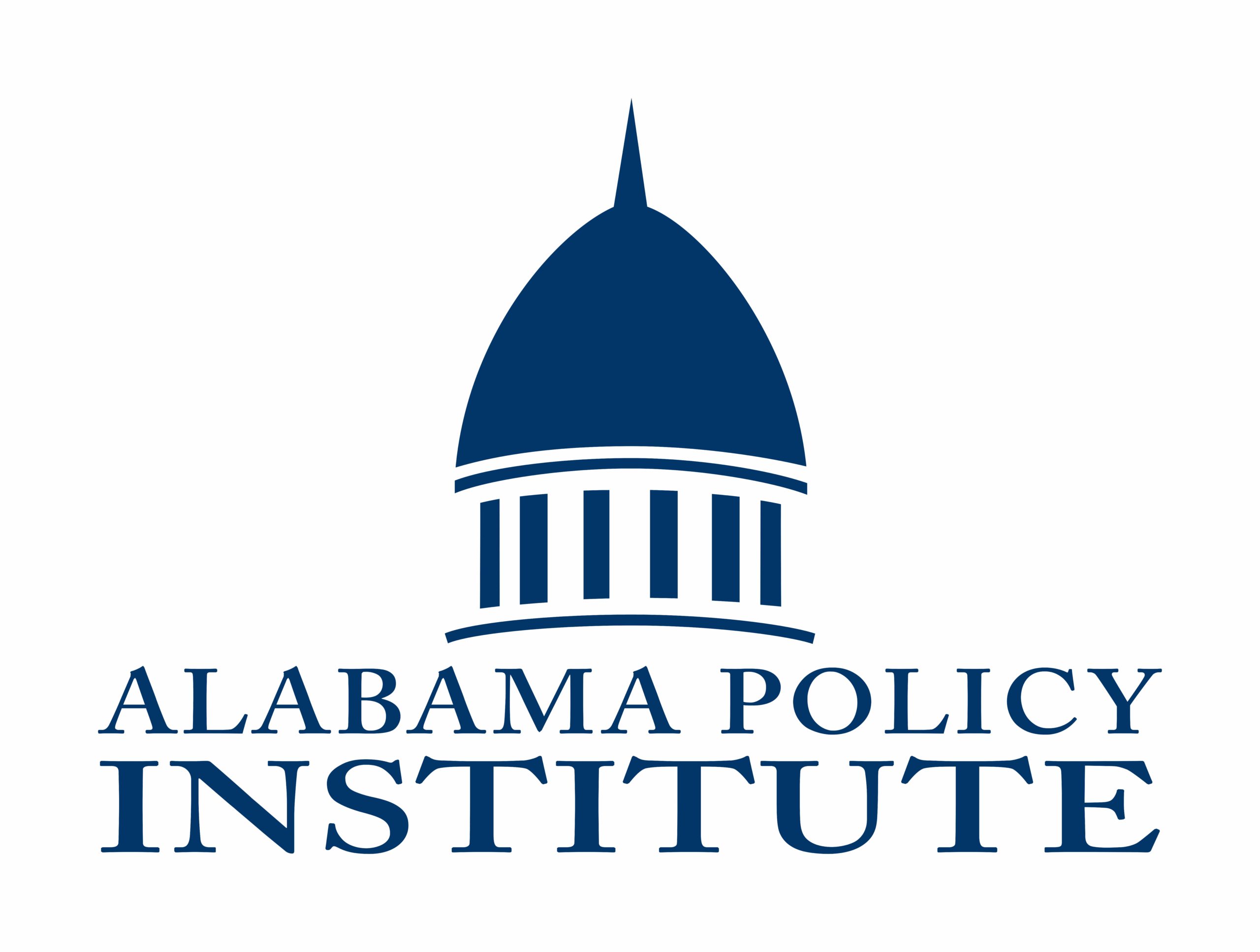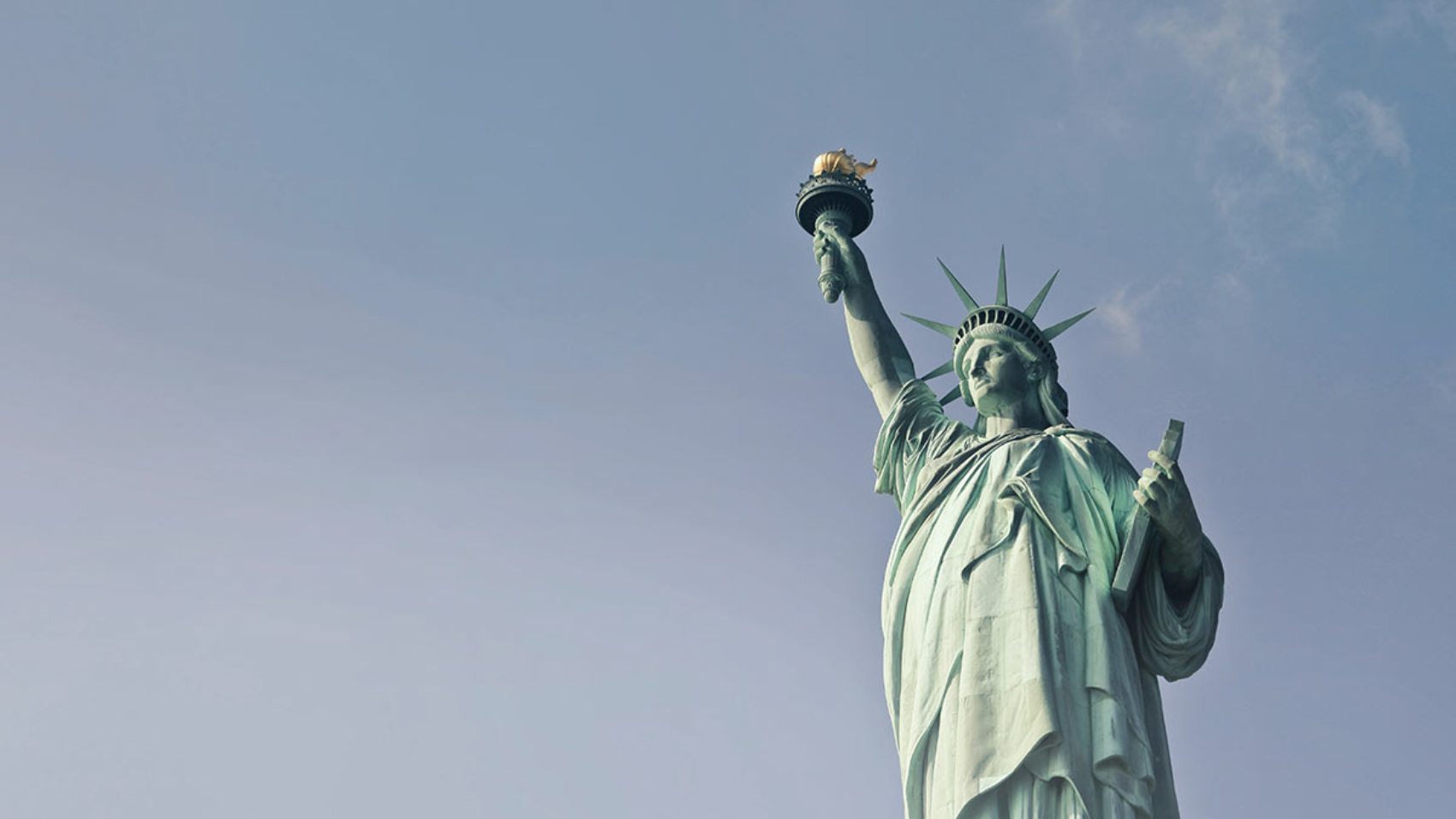Beware of those who speak eagerly of crises. In a true crisis, we reasonably but temporarily hand our powers of practical reasoning and self-governance over to those who are most capable of diverting the threat. In an emergency, a competent executive directs the war, quarantine, or relief efforts by telling us what not to do, what to do, and how to do it.
That is a fearsome power, though sometimes necessary. To exercise an emergency power is to exercise dominion over other beings who are created in the image of God. It is to presume to know both what is the best goal for one’s fellow citizens and how best to achieve it.
No one should ever desire to overcome fellow human beings’ capacity to reason for themselves. Reasoning well and governing ourselves is what makes humans unique, bearers of natural and civil rights. Emergency powers deprive citizens of a most fundamental right, the right to think and act for themselves as they go about doing good things in their communities.
A true leader will therefore view a crisis as something to be avoided and will feel the conferral of emergency powers as a burden to be borne reluctantly and only as long as necessary. On the other hand, an aspiring tyrant is always on the lookout for crises, whether real, imagined, or exaggerated. For someone who craves power to direct the lives of others, a crisis is an opportunity, rather than a burden.
American constitutional framers, and the English and American jurists from whom they learned, knew that throughout history tyrants have seized absolute powers in moments of crisis. And tyrants do not relinquish those rights willingly once they have taken the people’s rights of self-governance away.
Tyrants use a few, standard tricks to hold on to their consolidated powers longer than necessary. One is to lengthen the emergency. This can be accomplished by defining objectives in amorphous terms, or not at all. If the people do not know what the executive official is supposed to achieve with the emergency powers then the emergency can be stretched out indefinitely.
A tyrannical official can heighten a crisis and expand emergency powers by villainizing critics. Anyone who expresses skepticism of the official is portrayed as an enemy of the people, selfish and unwilling to make the sacrifices necessary to combat the threat. This strategy works really well when elite media and public intellectuals are sympathetic with the official’s ideological dogmas and are willing to communicate his propaganda to a fearful and credulous public.
Another famous gimmick of aspirational tyrants is to redefine the threat as circumstances change. So, for example, an official may justify a quarantine initially by pointing out that available resources are inadequate to address an imminent health crisis. The community then responds by redirecting and producing the resources needed. Crisis averted. But the official now has tasted unconstrained power and has perhaps enjoyed the taste.
That official may then redefine the threat as an undue risk of infection. Now the emergency must last until adequate treatment arrives. The community then develops a treatment. Crisis averted again. But now the official raises a new alarm: The treatment is not being distributed equally. To oversee the distribution, executive officials must hold onto power a little longer.
Meanwhile, officials produce no evidence that their efforts are more efficient or effective than private institutions would be. Indeed, insofar as the goal posts keep moving and the strategic objectives keep changing, officials are not held accountable for their failures to meet reasonable objectives. In this way an emergency can be artificially extended until the next crisis arrives and the cycle begins anew.
Recognizing this danger, the architects of American constitutions followed the jurists of English constitutionalism in placing emergency powers under legislative control. Alabama’s constitution is not unique in this regard. Like other American constitutions, it delegates to the legislature—the people’s branch—the power to declare a quarantine or other emergency. It requires executive officials to exercise any emergency powers delegated to them under law and legislative direction.
The legislature, representing the people whose civil liberties are at stake, decides when an emergency is warranted, how long it must last, and how the strategic objectives are to be defined. The legislature’s decisions are laws which then obligate and constrain executive officials as they carry out their duties to avert the crisis.
A legislature should never abdicate its responsibility to secure the people’s most fundamental rights. So, it should never confer upon executive officials blanket delegations of power to make war, impose quarantine, or direct states of emergency. Legislatures that have made that mistake should take those powers back.
This session, the Alabama legislature has two opportunities to do just that. One pending bill would require executive officials to seek legislative extension of emergency powers after fourteen days. Another would empower the legislature to call itself into session so that it can hold officials accountable throughout the year.
Everyone who is not an aspiring tyrant should support both bills.
Adam J. MacLeod is Professorial Fellow of the Alabama Policy Institute and Professor of Law at Faulkner University, Jones School of Law. He is a prolific writer and his latest book, The Age of Selfies: Reasoning About Rights When the Stakes Are Personal, is available on Amazon.


